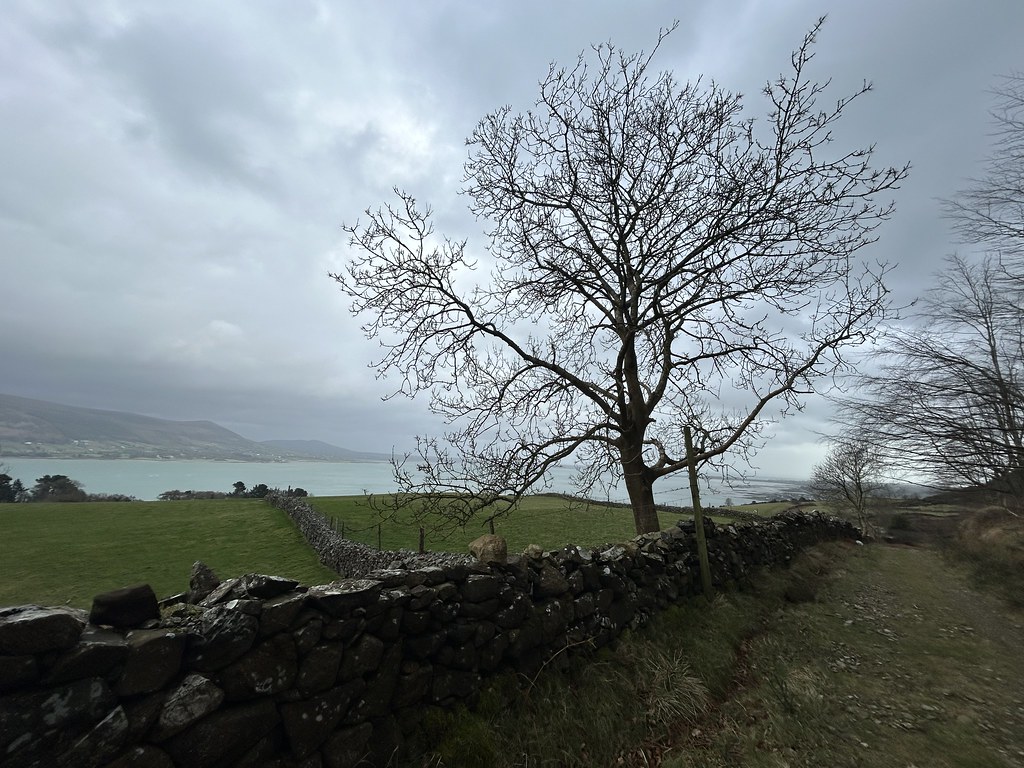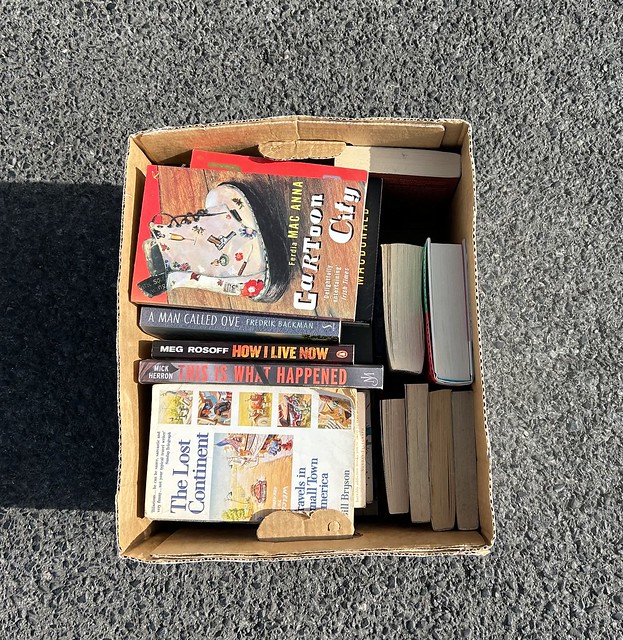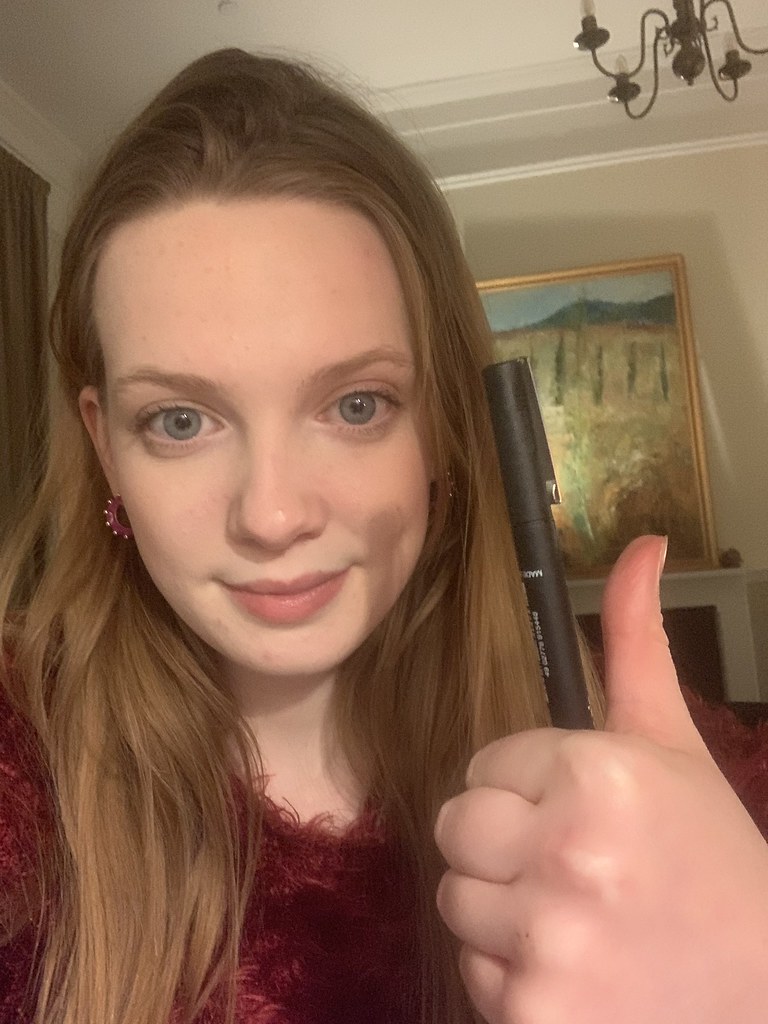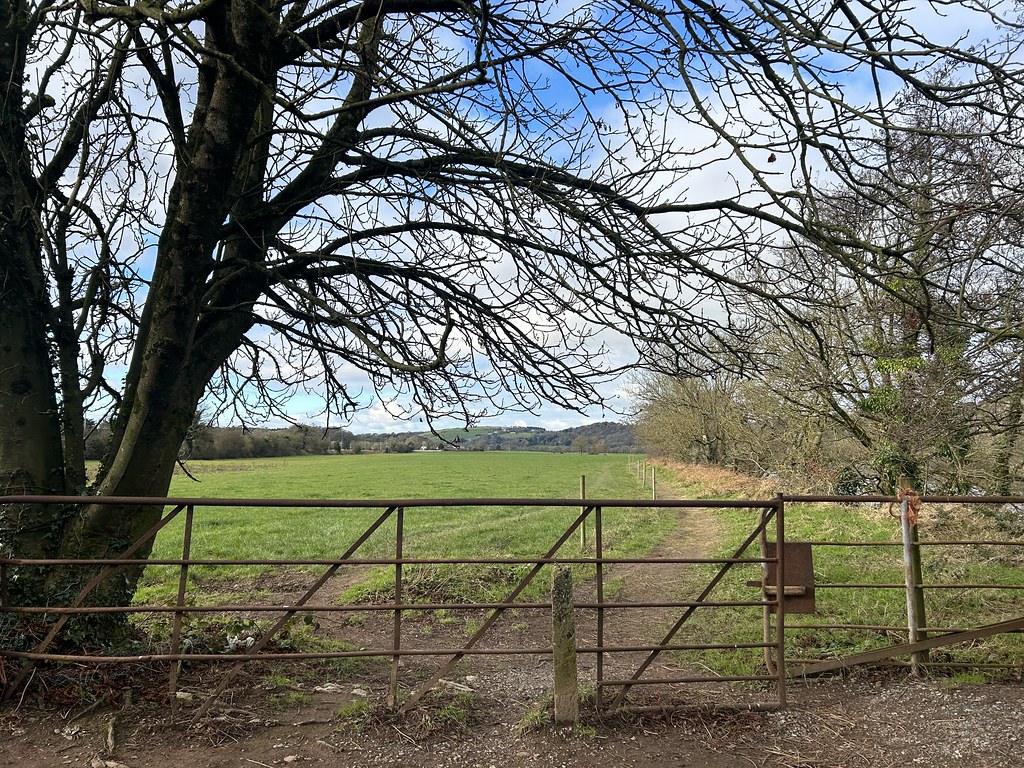On Wednesday mornings I have my Ukrainian lesson at 8. At 8.45 I leave the house and cycle into work at speed.
All my meetings seem to be on Wednesday. For all the talk of hybrid working, people do still like to meet in person and Wednesday is the day most people are in. An exhausting schedule of meetings follows.
Then I zoom (pun unintended) out of the office at 6. Go home , quick change and out to tennis at 7. I am exhausted when I get back at 8.30.
On Tuesday night, I am filled with trepidation. There must be a better way.
Unrelated (other than to note that one of these dental appointments was squeezed in at lunchtime on a Wednesday): I have now had three temporary crowns on my tooth and the permanent crown is not due until February 23. The dentist is getting tetchy but so am I.
*Earworm for you. Some creative liberties taken with the original lyrics.










